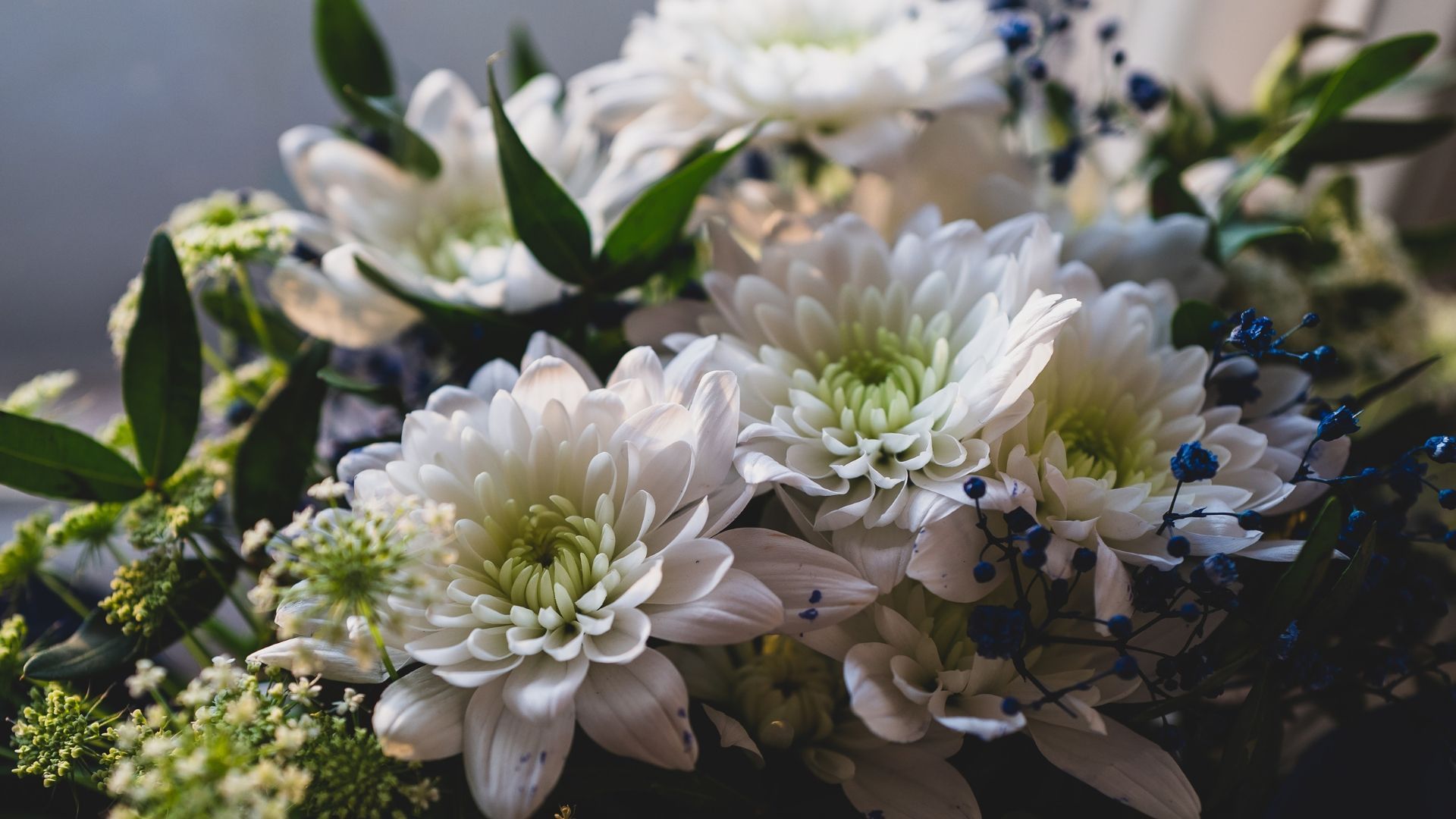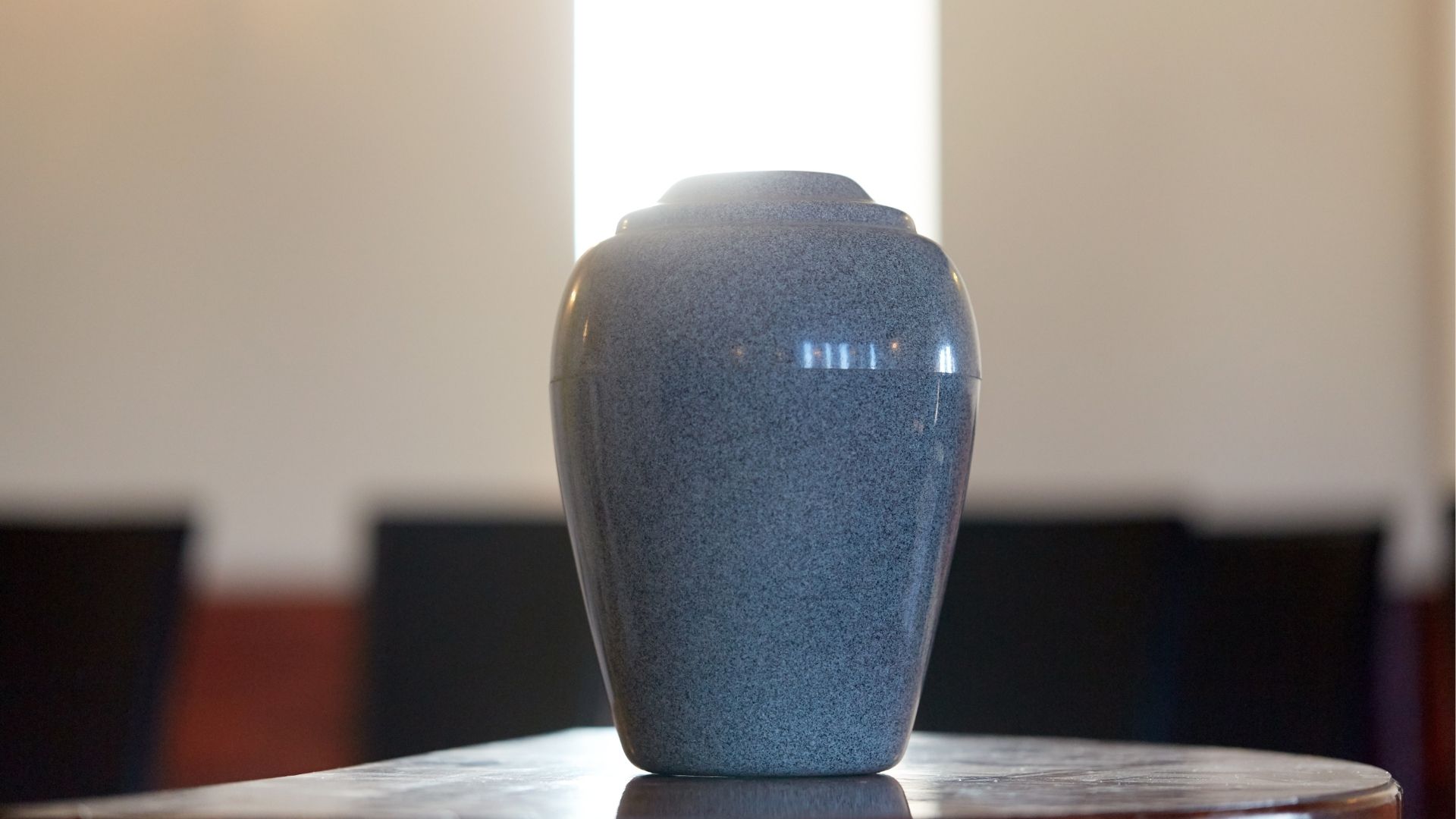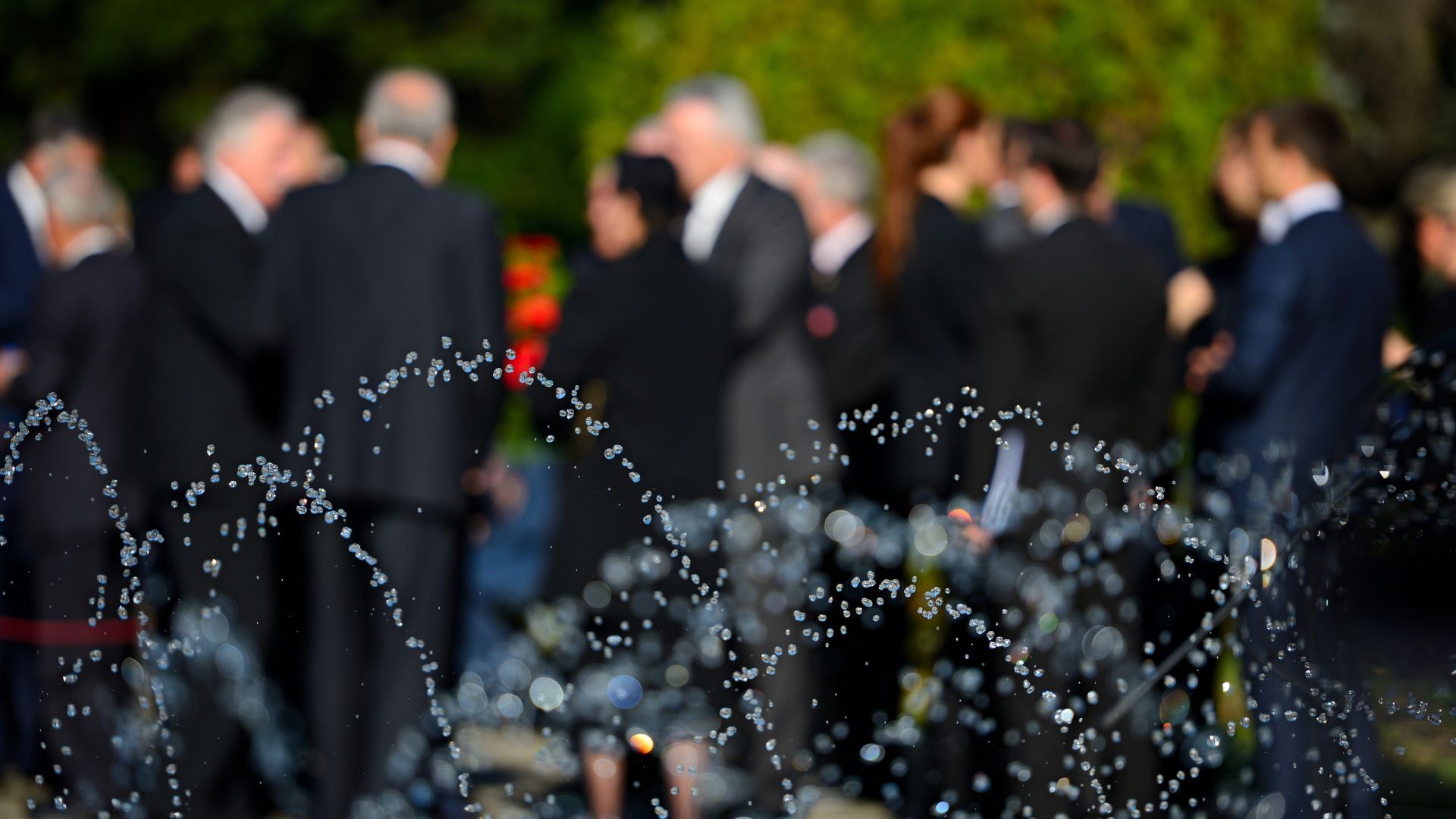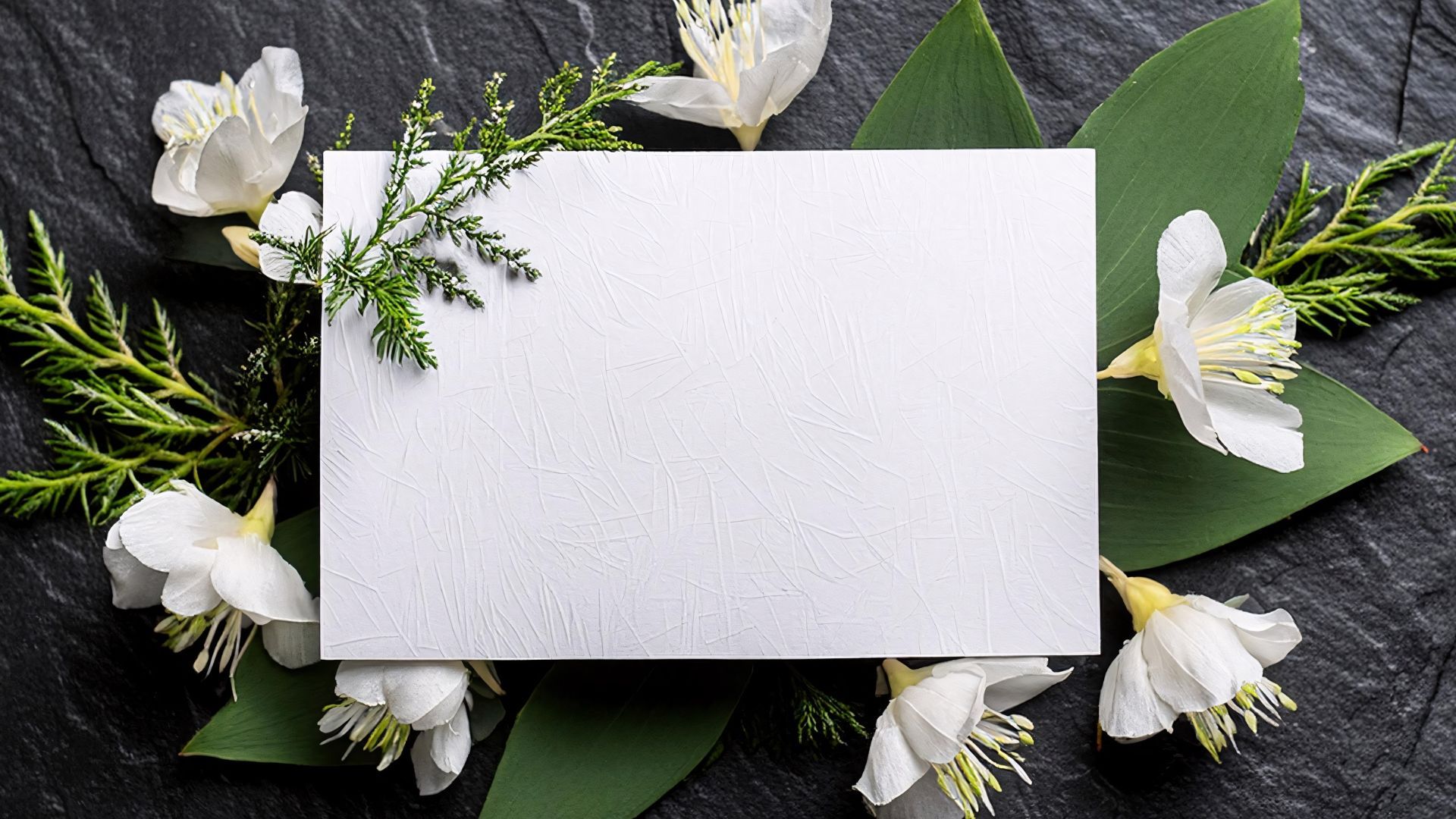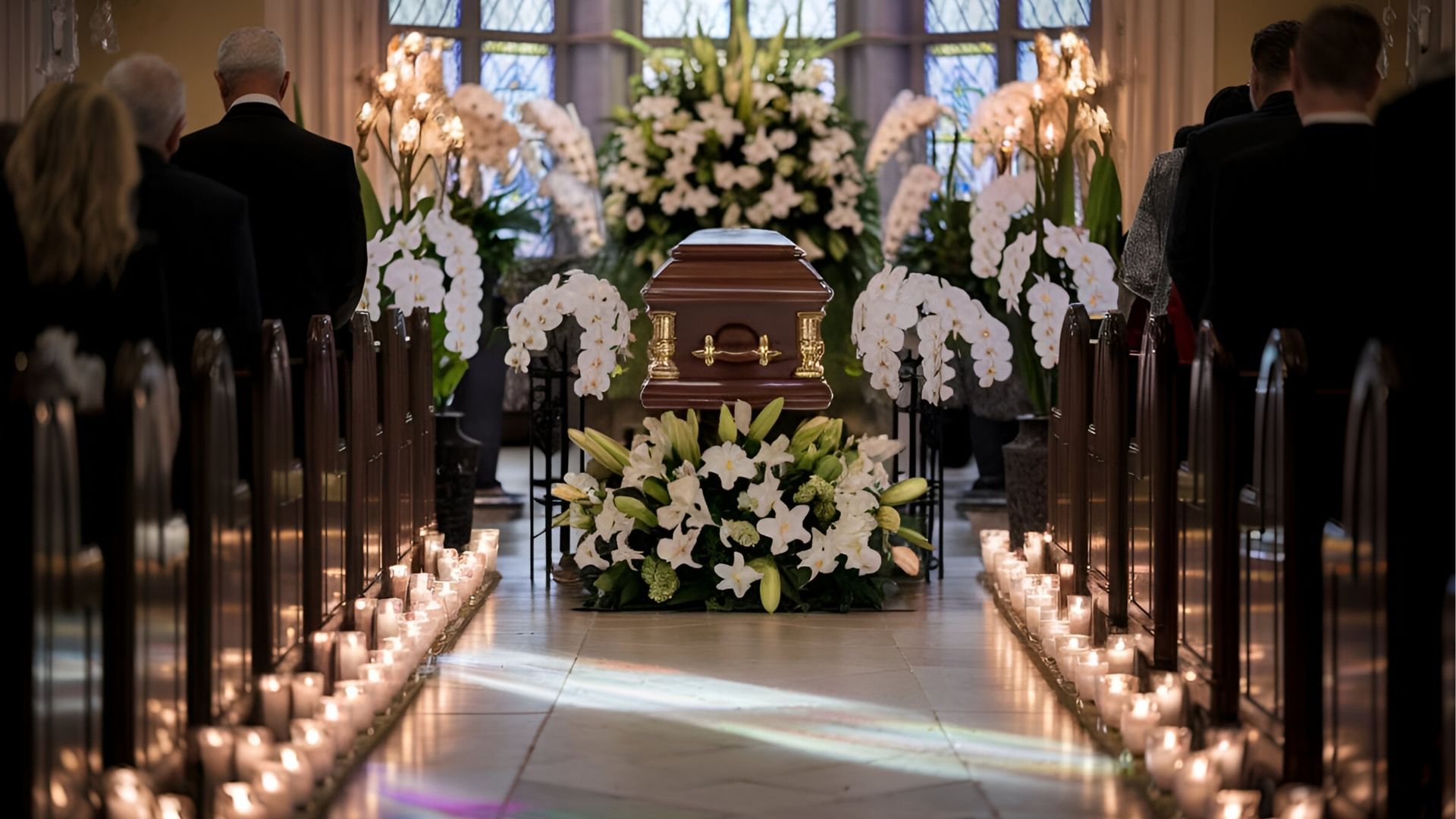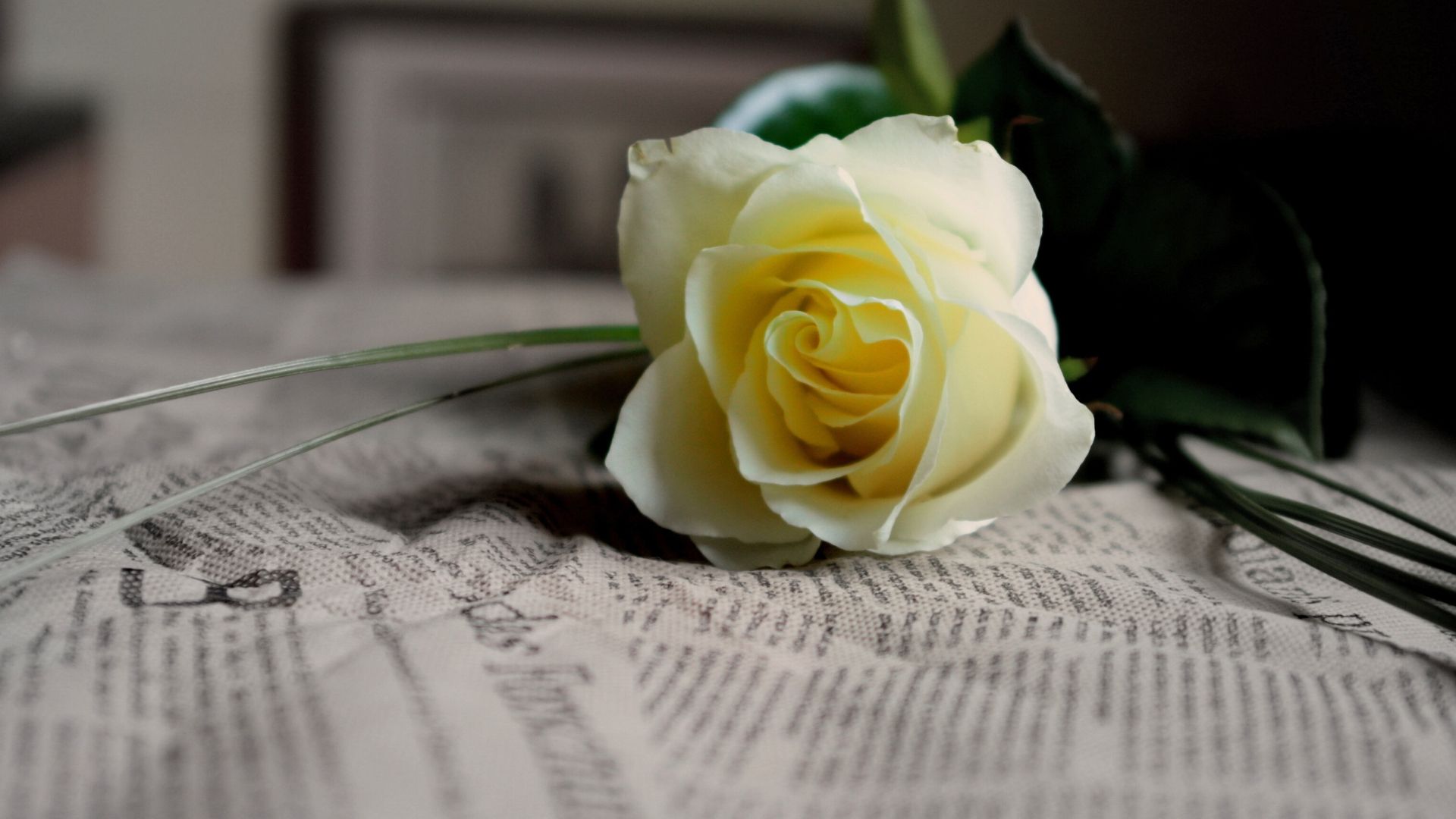Cremation vs burial: costs and differences explained
Cremation and burial are the two most common ways to put a person to rest in the UK. Learn how they're different and how the cost compares.

There are two main ways to put a person's body to rest when they pass away. The first is burial, and the second is cremation.
By "burial", we mean a person's body being buried in a grave. By "cremation", we mean a person's body being turned to ash.
In 2025, 55% of all send-offs were simple attended cremations with a funeral service. But many loved ones of all faiths and walks of life still choose burial. And increasing numbers of people choose an unattended cremation known as a "direct cremation".
Several factors can influence the choice. There's the cost. There are religious considerations, with some faiths forbidding or disapproving of cremation. There are the different ways a person can be memorialised after cremation and burial. And there's the environmental impact of each.
Here at Akshardham Funeral Directors, we offer both services and are often asked what the most important differences are. That's why we've put together this guide breaking down the key differences, including the costs. We hope it helps.
What are the differences between cremation and burial?
Nowadays, we're all feeling squeezed by the cost of living. So, it's only natural that cost will play a part in deciding whether to give a loved one a cremation or a burial.
Cremation is typically less expensive than burial. An unattended direct cremation is the most cost-effective of all. Burials tend to be more expensive because you have to pay for the rights to a burial plot and a coffin. You might also want to pay for a headstone or another type of memorial.
Cost is far from the only consideration, however. There's also the way a person can be memorialised after their send-off.
After a cremation, loved ones can scatter ashes, keep the ashes in an urn or even turn them into memorial jewellery. After a burial, loved ones can visit the grave – although cremated remains can also be buried in a grave plot.
Not all religions approve of cremation. In some religions, it depends on the denomination you belong to.

Finally, there's the environmental impact. Both burial and cremation impact the environment. If this is important to you, it's worth weighing up how much impact each might have.
How much do burials and cremations cost?
The SunLife Cost of Dying report 2025 contains helpful statistics about burials and cremations.
It includes the "average cost of dying", which it defines as "the total cost of a person's send-off – including professional fees for administering the estate, a simple funeral service, and all optional extras like the party or wake". It puts this figure at £9,797.
The report gives the average cost of a burial as £5,198, the average cost of a cremation at £3,980, the average cost of a direct cremation at £1,527 and the average cost of a direct burial at £4,285. Together, these figures make an average cost of cremation or burial at £4,825.
What are the environmental impacts of burial and cremation?
Both cremation and burial have environmental impacts. These aren't easy to measure, covering everything from transport to flowers, from the clothing worn by the person who died to the material used to make the coffin.
The environmental impact of burial
The main environmental impact of burials is the fact that a body takes up more space than ashes. This can make it difficult to find a suitable resting place.
Other impacts related to burial include the environmentally unfriendly effects of some embalming chemicals on the soil and the use of unsustainable materials for coffins.
One way to reduce the environmental impact of burial is to choose a natural burial. This is where the person is buried in a forest or meadow using an environmentally friendly coffin or shroud.
The environmental impact of cremation
Cremated ashes use up less space than a buried body. However, the cremation process itself is carbon-intensive.
It takes around two hours to cremate a person's body. This involves maintaining a high level of heat, which releases harmful greenhouse gases into the atmosphere.
In case the environment is a concern, there are alternative forms of cremation to explore.

One is called "resomation" (sometimes referred to as "aquamation"). This is where a person's body is placed in a pressurised stainless steel chamber and cremated in a mixture of water and an alkaline solution.
At the time of writing, resomation isn't available in the UK. It is, however, slowly being adopted in other parts of the world.
Cremation vs burial statistics
According to
SunLife, 55% of send-offs in 2024 were simple attended cremations with a service. Meanwhile, 20% were direct cremations and 25% were burials. Around two percent of these burials are direct burials, where the person is buried without a funeral service.
What are the faith considerations around cremation and burial?
The world's religions have different beliefs about cremation and burial. These often vary within religions.
We can't cover them all here. However, here are some of the key beliefs of different faiths.
Generally speaking, Christians allow cremation. There are variations, however. Eastern Orthodox Christians forbid cremation. The Catholic Church allows for cremation but not the scattering of ashes.
Hindus, Buddhists, Jainists and Sikhs all practise cremation. In Hinduism, adults are cremated and children are buried. Sikhs often scatter the ashes of loved ones over a body of water.
Islam strictly forbids cremation on the grounds that it shows disrespect to the dead. It's also forbidden by the Baháʼí Faith.
Like Christianity, Judaism has seen a shift in funeral practices over the years. Cremation used to be forbidden. These days, it's allowed by some but not all branches of Judaism.
Religious customs can affect burial as well as cremation. In Islam and Judaism, for instance, the body is usually buried within 24 hours of death. In Christianity, by contrast, the burial typically takes place around a week later.
Are you planning a burial or cremation in London? At Akshardham Funeral Directors, we listen to your needs and offer gentle, step-by-step advice to help you arrange the funeral you want. Please call at any time on 020 8355 7876 – our lines are always open.

